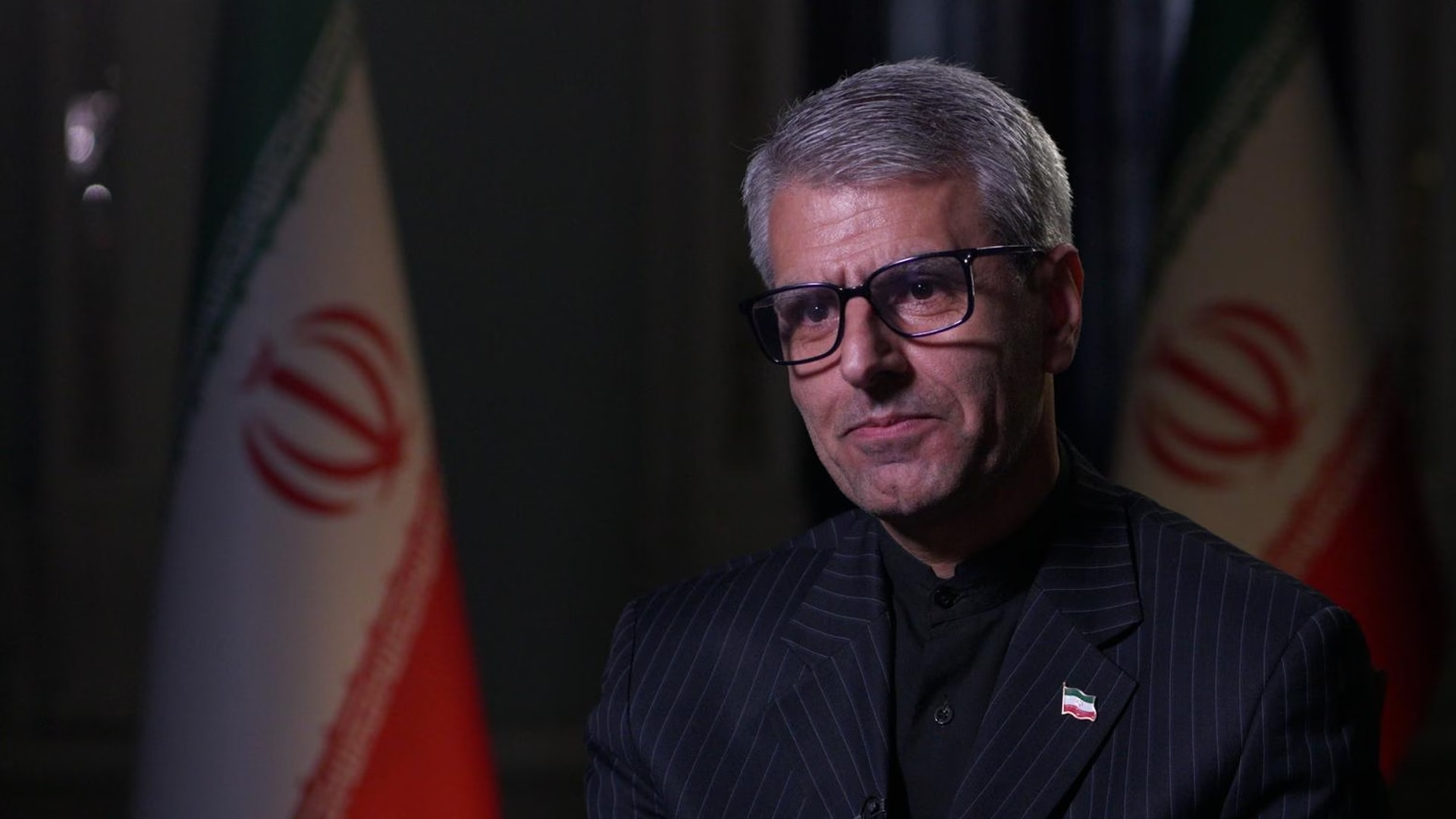
What began as a simple Facebook post from former Senator Nellie Rivera-O’Reilly quickly turned into a digital town hall brimming with resistance, emotion, and realism from Virgin Islanders living abroad. O’Reilly’s post, published on Monday, read: “Virgin Islanders living abroad please come back home. We need you. We can do this.” While intended as a call to unity and renewal, the post provoked a stark reckoning with the reasons many left—and why so few feel ready to return.
Comment threads on public shares of the post revealed strong sentiment: nearly 70 percent of over 300 responses rejected the idea outright, while another 22 percent expressed conditional openness, dependent on significant improvements. For many, the call was not just impractical but offensive, as it failed to acknowledge the deep economic, social, and structural challenges that led to their departure. There were hundreds of comments on shares of the post as well.
A chorus of discontent emerged:
-
“Reason? The governor and the government,” wrote Anastacio Cariño III.
-
“Nellie knew this was tone-deaf… Foot-in-mouth about to be everyone’s thing this election cycle,” added Saldaña Reed.
-
“We didn’t leave because we stopped loving home. We left because it stopped loving us back,” said C’Mone Chantalle in a status that was widely shared.
Their frustration spotlighted the disconnect between political optimism and on-the-ground reality: sky-high utility rates, inadequate healthcare, underpaid jobs, and widespread disillusionment with governance.
The high cost of living is a major deterrent. With electricity hovering around 42.65¢ per kilowatt-hour—almost double the U.S. average—and groceries and rent inflated by import costs, life in the Virgin Islands is financially grueling. Job prospects, particularly for educated professionals, remain slim. Marketing specialist Karly Alexander, who returned home with a master’s degree, shared that despite her qualifications, she was overlooked for meaningful roles and ultimately left again.
Inadequate essential services were another sore point. Hospitals damaged in 2017 still await full reconstruction, schools struggle with teacher shortages and deteriorated facilities, and power issues hinder daily life. Governance, too, remains a sticking issue. Commenters cited cronyism, inefficiency, and broken infrastructure as reasons for staying away.
Junior “SavyLyfe” Sparks, a returnee who moved back after Hurricanes Irma and Maria, offered this blunt warning: “Virgin Islanders living abroad making things happen for you and your family – please stay where you’re at. If you not a millionaire coming to make real change, don’t bother coming.”
Meanwhile, the numbers speak for themselves. The 2020 Census recorded 87,146 residents in the territory—an 18 percent decline from 2010. Many left after the 2012 Hovensa refinery closure and the devastating 2017 hurricanes. Large Virgin Islands communities now reside in Florida, New York, and Georgia.
Violent crime remains a top issue in the territory. Put plainly, an individual is six to seven times more likely to be murdered in the Virgin Islands than on the U.S. mainland and nearly nine times the global average. Even after a brief decline in 2022, the U.S. Virgin Islands remains one of the most homicide-plagued places on earth. The rate has hovered near or above 50 per 100 000 — on par with Jamaica and four times higher than notoriously violent Mexico — for much of the last 20 years, according to data from Macrotrends homicide-rate series 1997-2025, VIPD statements for 2010 record and 2022-23 counts, CDC FastStats U.S. homicide rate 2022, and UNODC & World Population Review global and country homicide rankings 2022. Any strategy to lure the diaspora back, grow tourism, or diversify the economy will rise or fall on the territory’s ability to tame this chronic violence.
In 2020, former V.I. Police Commissioner Trevor Velinor told the Consortium that 863 homicides were recorded in the territory between 2000 and 2020, as he sought to remind the public that the surge in violent crime was not a new phenomenon.
Still, some voices in the diaspora responded positively. Nia Petrus, who has lived on the mainland for years, wrote, “Now that I’ve gained the perspective I needed, I’m ready to return. Will it be inconvenient? Absolutely. Will it be perfect? No. But I’m ready to do my part.”
On-island residents and O’Reilly herself reminded readers of the territory’s allure: exquisite weather, vibrant culture, breathtaking beaches, and community warmth. These intangible qualities continue to stir emotions among those who left.
O’Reilly’s post, far from a mere slogan, reopened the broader question of how to rebuild the territory by reconnecting with its diaspora. But as commenters made clear, sentimental appeals alone are not enough. Suggestions for change included: creating transparent and well-paid job opportunities, lowering the cost of living, restoring public services, offering relocation incentives, and reforming government operations.
Nellie Rivera-O’Reilly, a former five-term senator from St. Croix, remains an active voice and is known for her advocacy on social issues and economic policy. But the response she received illustrated a growing gulf between hope and reality—and a community still aching for genuine solutions.
British Caribbean News


